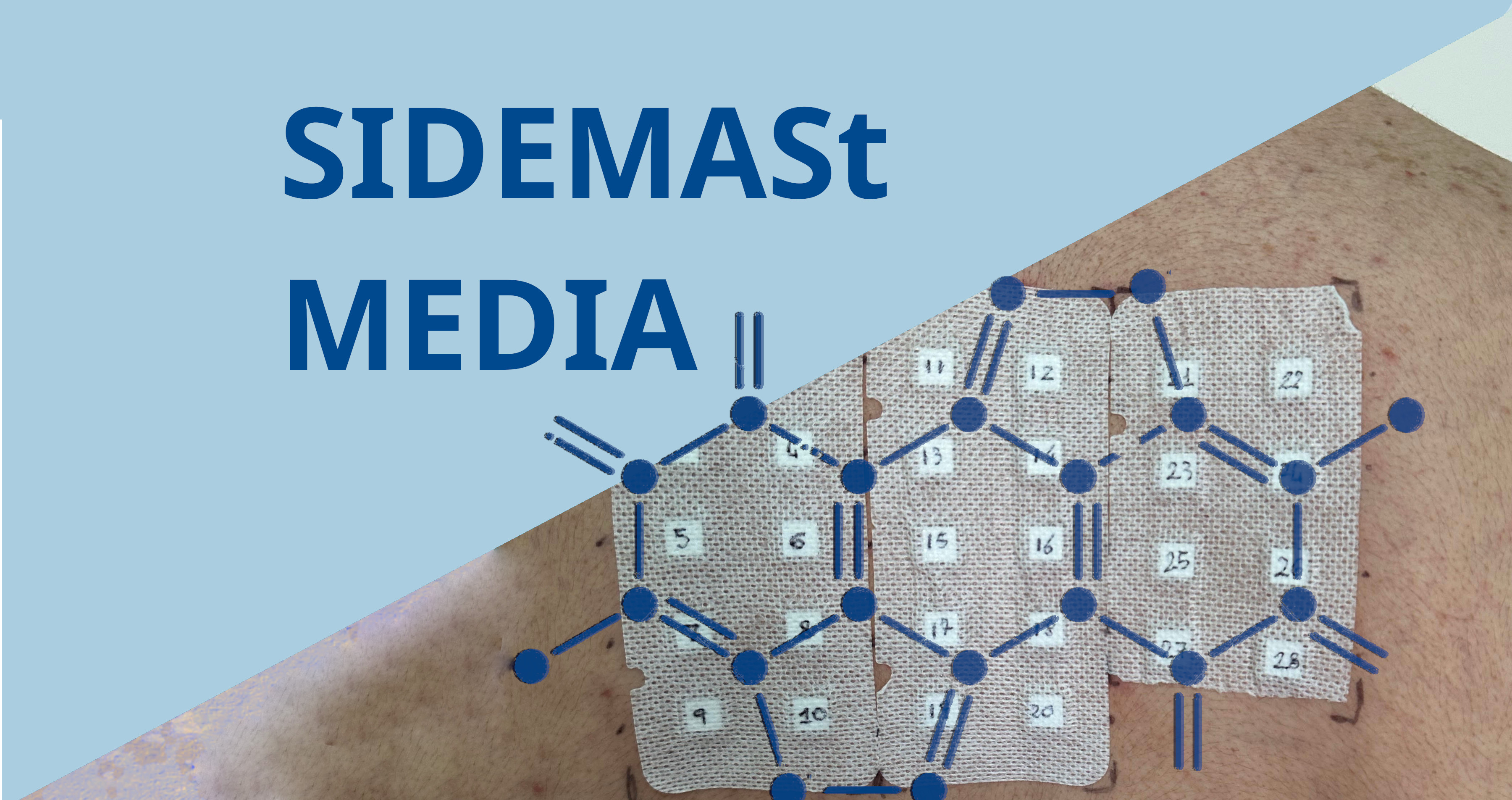Psoriasis was associated with type 2 diabetes, body mass index (BMI), and obesity in a study of Danish twins, and suggests the possibility of a common genetic cause between psoriasis and obesity.
The findings are published online by JAMA Dermatology.
Psoriasis has been associated with components of metabolic syndrome, particularly obesity and diabetes. Several factors may explain this association, including genetics and a host of environmental exposures, including smoking, alcohol consumption, and shared immunoinflammatory pathways. Twin studies can help explore possible common causes of associated diseases.
Ann Sophie Lønnberg, MD, University of Copenhagen, Copenhagen, Denmark, and colleagues studied sets of Danish twins aged 20 to 71 years. Data from a questionnaire on psoriasis were validated with hospital discharge diagnoses of type 2 diabetes and self-reported BMI.
Complete data for 33,588 twins were included in the study and more than half of them were women. The prevalence of psoriasis in the total twin sample was 4.2% (630 men and 771 women) and the prevalence of diabetes was 1.4% (235 women and 224 men). The average BMI for the study group was 24.5. Obese individuals with a BMI from 30 to 34 accounted for 6.3% of the population.
Among 459 individuals with diabetes, the prevalence of psoriasis was 7.6% (n = 31) compared with 4.1% (n = 1,370) among individuals without diabetes. The average BMI of individuals with psoriasis was higher than among those without psoriasis (25 vs 24.4). The risk for obesity (BMI >30) was higher among individuals with psoriasis and the prevalence of obesity increased with increasing BMI.
There were 720 twin pairs discordant for psoriasis, where 1 twin had the disease and the other didn't. Twins with psoriasis had a higher BMI than the co-twins without psoriasis and they were more likely to be obese. The prevalence of diabetes was the same in the twins with psoriasis compared with the co-twins without psoriasis.
The study analysis suggests the association between psoriasis and obesity could partly be the result of a common genetic cause.
The authors cannot infer causation. Psoriasis could predispose individuals to a more sedentary lifestyle, leading to behaviours that predispose them to obesity and diabetes, or these conditions could be a cause of psoriasis.
"Psoriasis, type 2 diabetes, and obesity are strongly associated in adults after taking key confounding factors such as sex, age and smoking into account," the authors wrote. "Results indicate a common genetic etiology of psoriasis and obesity. Conducting future studies on specific genes and epigenetic factors that cause this association is relevant."
In an accompanying editorial, Joel M. Gelfand, MD, University of Pennsylvania Perelman School of Medicine, Philadelphia, Pennsylvania, wrote: "The unique twin design of the study by Lónnberg and colleagues, in which increasing BMI was associated with a diagnosis of psoriasis, allowed the investigators to identify a genetic correlation between psoriasis and BMI."










